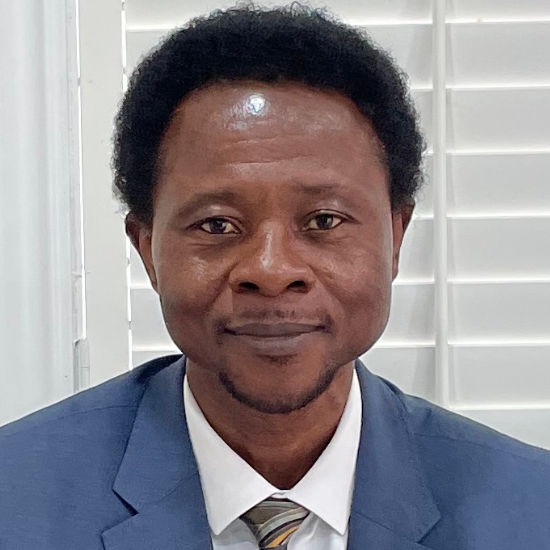Findings from a study by Faculty of Environmental and Urban Change (EUC) Professor Joseph Mensah will help countries of origin in their planning to receive and integrate immigrants who are returning home and assist destination countries with planning supports to aid settlement.

Mensah’s study, “To stay or not to stay: the geographies of immigrant integration, transnationalism, and return intentions among African immigrants in Canada,” began in 2017 and concluded in 2022. The research study was funded through a five-year SSHRC Insight Grant project by the Social Sciences and Humanities Research Council of Canada. Mensah’s project examined the return intentions of African immigrants in Canada, drawing on the experiences of more than 950 Ghanaians and Somalis in Toronto and Vancouver through in-depth surveys and quantitative surveys.
The project sought to understand the intersections of African immigrants’ integration, transnationalism and return intentions, and predict the background and spatio-temporal attributes of African immigrants who are more likely to return to their home countries.
Findings from the research note key factors that inform the decision to stay or not to stay vary at the individual, community and national level. The research also found immigrants do not abandon their transnational activities upon their return home.
“I examined the key variables underpinning the return intentions of these immigrants and found, for instance, that those who were born in Somalia are less likely to have return intentions, compared to their Ghanaian counterparts. Moreover, those who live in Toronto are more likely to have plans to return, relative to those in Vancouver; and those who find the level of racism in Canada to be high are more likely to have return plans. Understandably, those who plan to return tend to see racism as a temporary ordeal, rather than adversity to endure permanently,” says Mensah.
Insights from this project will help origin countries in their planning to receive and integrate returnees into their society, just as it will help host countries, such as Canada, overcome issues related to immigrant settlement and integration. By comparing Somali and Ghanaian nationalities, the project sheds light on how return intentions play out among Muslim versus Christian immigrant groups. Furthermore, the comparison of Somali and Ghanaian immigrants shows how varying conditions in the home country such as ethnic violence or democratic governance can affect the return intentions of migrants. The emphasis on spatial- and time-dependent variables, and the use of both Vancouver and Toronto, helped to broaden the knowledge of the geographic dimensions of return intentions.
To date, the project has yielded several conference papers and publications in Canadian Ethnic Studies and International Migration. A forthcoming chapter will also be included in Migration in West Africa (Springer), edited by Professor Joseph Teye from the Centre for Migration Studies (CMS) at the University of Ghana. CMS has also invited Mensah to join the advisory board for its China-Ghana Corridor of South-South Migration, Inequality, and Development Hub – a Global Challenge Research, funded by U.K. Research and Innovation. He has also been recruited to join the United Nation’s International Organization for Migration editorial team to produce the inaugural Southern African Migration Report for the Southern African Development Community.
“Thanks to SSHRC for funding this five-year project and to my research assistants and collaborators for their support and contribution to the project,” says Mensah, who has dedicated the findings and the attendant knowledge celebrations of this project to the memory of his father who died in September 2021.
For more information about the research project, see the project’s research spotlight on the EUC website.


